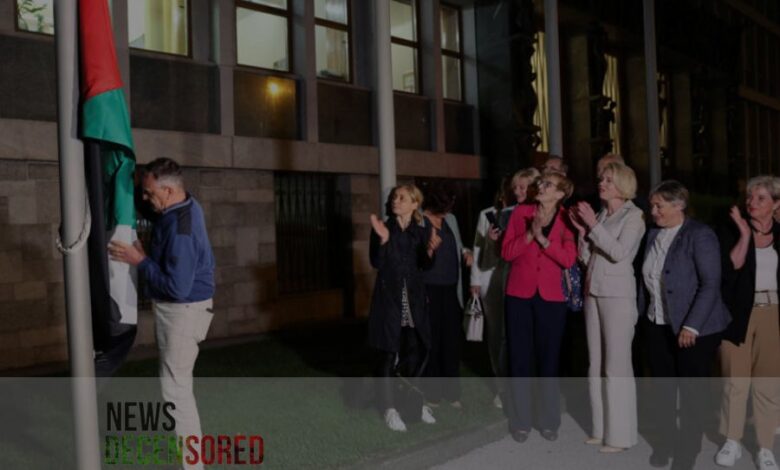Slovenia Recognises Palestine as an Independent State, Joining Growing European Movement

On Tuesday this week, Slovenia became the fourth European country in the last month to formally recognise Palestine as an independent state. This significant development came after Prime Minister Robert Golob tabled a motion that ensured the parliament’s endorsement.
This was a formality because Golob’s ruling coalition commanded most parliamentary seats. Of the 90 parliamentary seats with an equal division of 45 opposition and 45 ruling party members, 52 supported it without any opposition, and the remaining 38 members were absent.
“We started communication with partners regarding recognition of Palestine in February this year,” Golob said before the voting.
Slovenia is among the EU countries that have recognised the state of Palestine alongside Spain, Norway and Ireland. They have elicited different responses from Israel, most of which have been adversely affected by the outcomes.
Nowadays, more than 140 states and over half of the United Nations member countries acknowledge Palestine. The latest aggression that Israel has displayed in the Gaza Strip, starting last October, has put this nation again in a solitary political condition out of the international community. Equally, the conflict has had devastating consequences on the Palestinian side, inclusive of the Ministry of Health, which confirmed over 36,000 fatalities. Further, schools, hospitals, and UN shelters have also been hit by Israeli’ missile attacks, which aggravated the humanitarian situation.
The UN General Assembly recently granted Palestine several extra rights within the organisation, which may also indicate steps toward upgrading Palestine’s status to that of a full member of the United Nations. Such status would allow Palestine to vote on resolutions and table some of them from the assembly.
Some UN specialists have called upon the countries to accept Palestine, asserting that this is the only possible way to reach the two-state solution. They stressed that this recognition is necessary for future peace in the Middle East and urged for an immediate ceasefire in Gaza and no further excursions into Rafah.
“This is the prerequisite for the long-term peace in the country and in the Middle East in general—starting with the instantaneous cessation of any combat operations in Gaza as well as no further attempts of an armed invasion of Rafah City. ” the experts continued. It is credited that the contemporary Palestinian state is the only internationally recognised method towards peace and security for both Palestine and Israel and a way out of generational cycles of violence and hostility.
Still, attaining comparable relief in the UN Security Council remains contentious because of the United States’ opposition. The United States, which has a right of veto in the Security Council, has threatened to use a veto on any move that seeks to change Palestine’s status as a member.
Slovenia is the most recent country to recognise Palestine as a sovereign state. This has, therefore, strengthened the move towards supporting a Palestinian state across Europe and even the world. The more countries join this movement, the stronger the public attempts to solve the Israeli-Palestinian conflict through peaceful means are, despite serious diplomatic challenges.




